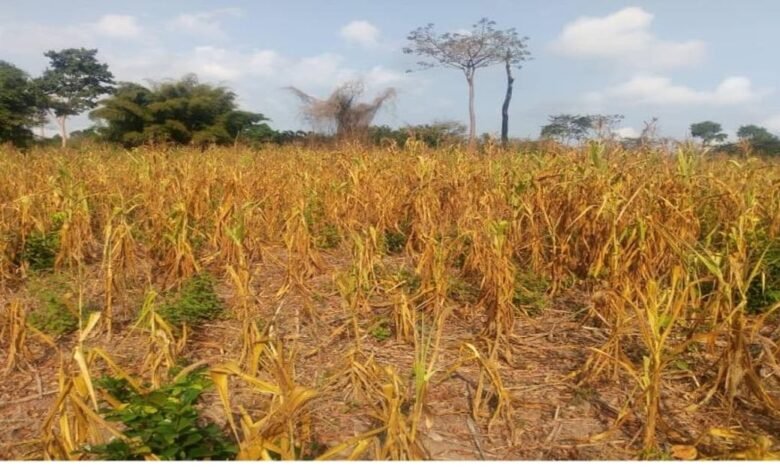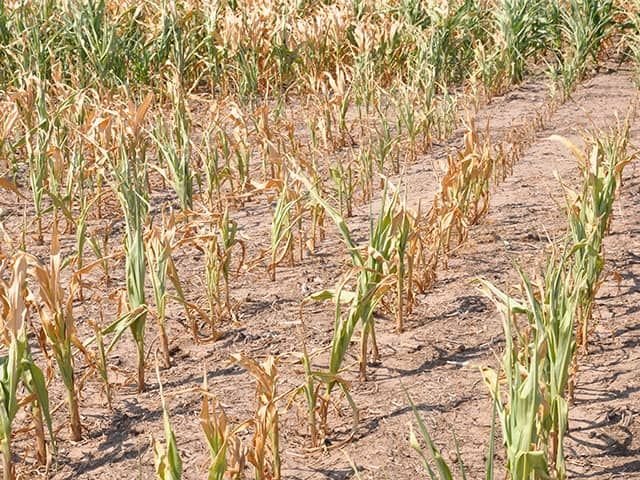Severe Drought Hits The Northern Parts of Ghana

Northern Ghana is currently experiencing one of its most severe droughts in recent years, creating widespread concern about food security and the livelihoods of thousands of farmers. The region, which heavily relies on seasonal rainfall for crop production, has seen almost no rain for over two months, causing crops to wither and leaving farmers in despair.
The drought in Northern Ghana is attributed primarily to climate change, which has led to unpredictable weather patterns and prolonged dry spells. The region typically experiences a single rainy season from April to October, but this year, the rains have been delayed significantly, stalling crop growth and impacting the overall agricultural output.
The drought’s impact on agriculture has been devastating. Key crops such as maize, rice, groundnuts, and millet have all suffered, with many farms left barren. This has led to a sharp decline in food production, sparking fears of an impending food crisis. In some areas, like the Oti Region, educational institutions that rely on farm produce for sustenance, such as Nkwanta Senior High School, have also been affected. Their maize farms have been lost, threatening the food supply for students and staff.

The economic implications are equally dire. As farmers face crop failures, their income sources dwindle, exacerbating poverty levels in these already vulnerable communities. The drought is also expected to affect the government’s “Planting for Food and Jobs” initiative, which is a key part of Ghana’s agricultural policy aimed at boosting food production and employment in the sector.
In response to this crisis, the Ghanaian government has allocated GH₵8 billion to mitigate the drought’s effects. This emergency fund, partly supported by international development partners like the World Bank, will be used to provide cash transfers, food supplies, and other essential relief to the affected farmers. The Ministry of Finance, in collaboration with the Ministry of Food and Agriculture, has formed a technical task force to oversee the fair distribution of these relief efforts, ensuring that they reach those most in need.
However, despite these efforts, there are concerns that the measures might only offer temporary relief. As the Minister of Finance acknowledged, while these interventions may help stabilize the situation, they might not completely offset the extensive damage already done to the agricultural sector.
The drought in Northern Ghana serves as a reminder of the urgent need for sustainable agricultural practices and climate resilience strategies. As the government and other stakeholders work to address the immediate crisis, there is a growing consensus on the need to develop long-term solutions that can better withstand the challenges posed by climate change.
For now, the priority remains on providing relief to the farmers and preventing a total food crisis in the region.















